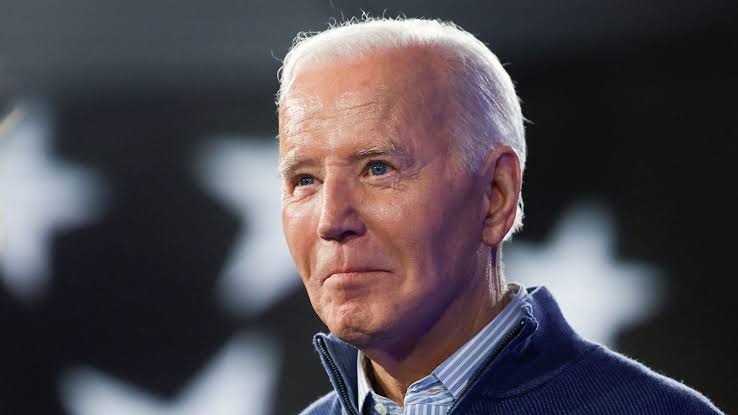Biden averts shutdown by signing six funding bills

American president Joe Biden signed a package of six government funding bills into law on Saturday, averting a shutdown of several federal agencies that would have occurred at midnight.
The spending bills, which were passed by both chambers of Congress on Friday, will fund the departments of Agriculture, Commerce, Justice, Veterans Affairs, Energy, Interior, Transportation, Housing and Urban Development, as well as the Food and Drug Administration, military construction and other federal programs, through the end of the fiscal year on September 30.
The package, which totals $460 billion, represents a bipartisan compromise between the Democratic and Republican leaders of the House and Senate Appropriations Committees, who had been negotiating for months to reach a deal.
The White House praised the lawmakers for their work and said the legislation will support a wide range of initiatives, such as hiring new air traffic controllers and rail safety inspectors, providing medical care and benefits for veterans, and investing in science, technology and research programs to boost US economic competitiveness and counter China's rise in fields like artificial intelligence.
"This bipartisan package says that even in divided government, we can still get things done for the American people," Biden said in a statement.
However, the work is not over yet, as lawmakers still need to finalize and pass another package of six funding bills, including the defense bill, which covers the Pentagon and other national security agencies.
The deadline for that package is March 22, and it is expected to face more challenges and disagreements, especially over issues such as border security, abortion and climate change.
The passage of the first package of spending bills came after several short-term extensions that kept the government running on temporary funding since the start of the fiscal year on October 1.
The last extension was set to expire on Friday night, and without a new agreement, many federal agencies would have faced a partial shutdown, affecting millions of federal workers and essential services.
The threat of a shutdown added to the pressure on Congress, which is also grappling with other major legislative priorities, such as Biden's $1.9 trillion Covid-19 relief plan, his $2 trillion infrastructure proposal, and voting rights and immigration reforms.
The last time the US government experienced a shutdown was in December 2018, when a dispute over funding for former President Donald Trump's border wall led to a 35-day impasse, the longest in US history.
The shutdown cost the economy an estimated $11 billion and disrupted the lives of hundreds of thousands of federal employees and contractors.
Lawmakers from both parties have expressed frustration with the repeated use of stopgap measures and the lack of regular order in the budget process, which they say undermines the effectiveness and accountability of government spending.
"We need to get back to the normal way of doing business," said Sen. Patrick Leahy, the Democratic chairman of the Senate Appropriations Committee. "We need to restore the power of the purse to Congress, where it belongs."



